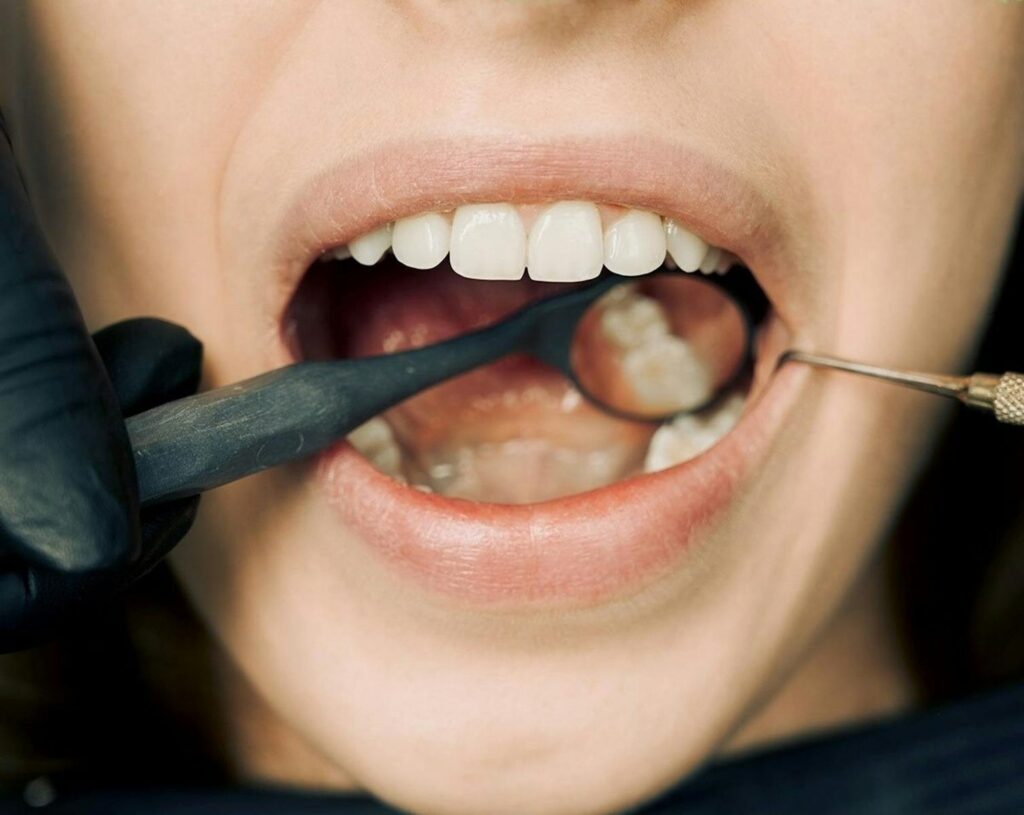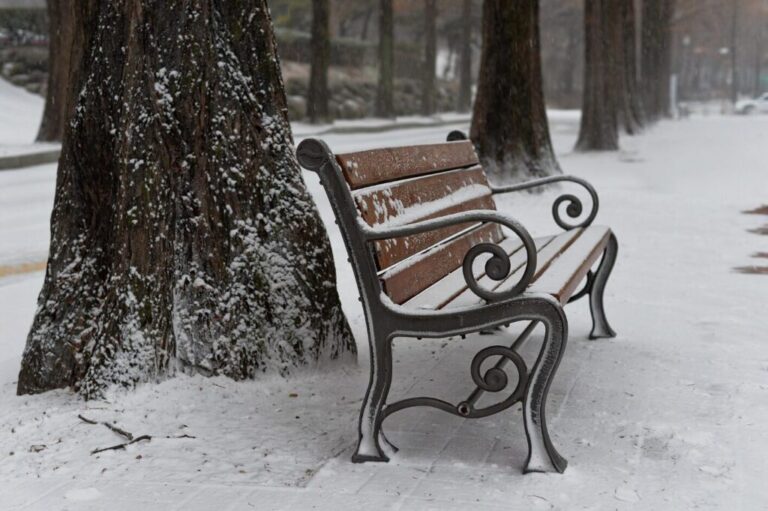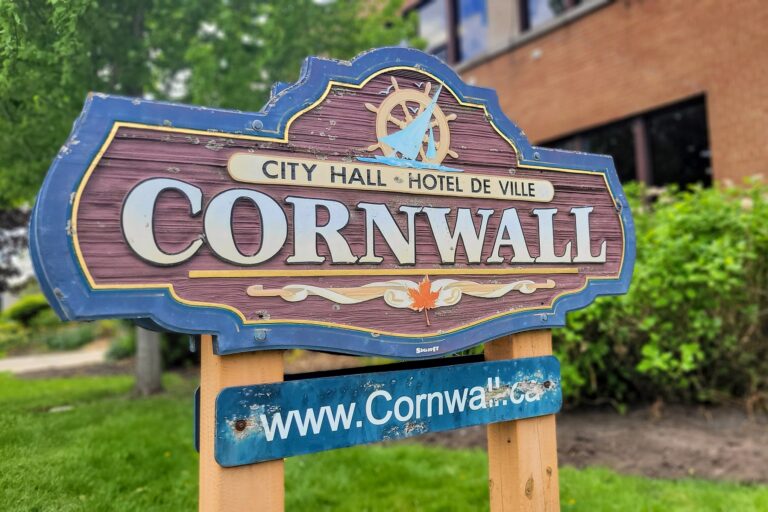
Dental emergencies can arise abruptly and catch individuals off guard, leading to discomfort, pain, and anxiety. Whether it involves a broken tooth, severe toothache, or a knocked-out tooth, understanding how to react swiftly and appropriately is vital to alleviate discomfort and safeguard dental well-being. This article seeks to offer valuable guidance on dental emergencies, covering typical scenarios, initial steps for first aid, and key guidance on when to seek professional help.
Understanding Dental Emergencies
A dental emergency refers to any situation involving the teeth, gums, or surrounding tissues that requires immediate attention to alleviate pain, prevent further damage, or save a tooth. While some dental issues may seem minor at first, delaying treatment can exacerbate the problem and lead to more extensive complications.
Common Dental Emergencies
- Severe Toothache: Intense or persistent tooth pain may indicate an underlying dental infection, abscess, or dental trauma. Thorough rinsing with warm water, flossing to remove any trapped debris, and over-the-counter pain medication can provide temporary relief until professional evaluation.
- Chipped or Broken Tooth: Accidents or trauma can result in chipped, fractured, or broken teeth. First, rinse the mouth gently with warm water to clean the affected area. Secondly, apply a cold compress to reduce any swelling. You then need to seek dental care promptly to assess the extent of damage and to effectively determine the best treatment.
- Knocked-Out Tooth: A knocked-out tooth, also known as an avulsed tooth, requires immediate attention to increase the chances of successful re-implantation. Carefully handle the tooth by the crown (avoiding the root), rinse it with water if dirty, and then gently attempt to reinsert it into the socket if possible. If reinsertion isn’t feasible, you need to store the tooth in milk or, if you have one, a tooth preservation solution and seek emergency dental care without delay.
- Loose or Dislodged Tooth: Trauma or injury can cause teeth to become loose or partially dislodged from their sockets. Avoid touching or wiggling the affected tooth, gently bite down on a small piece of clean gauze to stabilize it, and seek immediate dental attention to prevent further displacement or loss.
- Soft Tissue Injuries: Lacerations, cuts, or injuries to the lips, cheeks, gums, or tongue may result from accidents or biting down forcefully. Clean the affected area with warm water, then apply gentle pressure to control bleeding, and use a cold compress to reduce swelling. If the bleeding keeps going or the injury is severe, you must seek medical or dental care promptly.
Seeking Professional Assistance
While prompt first-aid measures can provide temporary relief, it’s essential to seek professional emergency dental care as soon as possible, especially for severe or potentially life-threatening emergencies. Contacting an emergency dentist or visiting an urgent care facility equipped to handle dental emergencies ensures timely evaluation, diagnosis, and treatment to address the underlying issue effectively.
Preventing Dental Emergencies
While some dental emergencies are unavoidable, taking preventive measures can help reduce the risk of accidents and injuries. These include:
- Wearing a mouthguard during sports or recreational activities to protect teeth from trauma.
- Avoiding chewing on hard objects such as ice, pens, or popcorn kernels to prevent tooth fractures.
- Maintaining good oral hygiene practices. Regularly brush, floss, and undertake dental check-ups, to minimize the risk of dental infections and decay.
Conclusion
Dental emergencies can be distressing, but knowing how to respond promptly and effectively is essential for minimizing pain, preventing further damage, and preserving dental health. By understanding common dental emergencies, practicing appropriate first-aid measures, and seeking professional dental care when needed, individuals can navigate dental emergencies with confidence and ensure optimal outcomes for their oral health and well-being. Remember, in the event of a dental emergency, don’t hesitate to seek professional assistance to receive the care you need.













